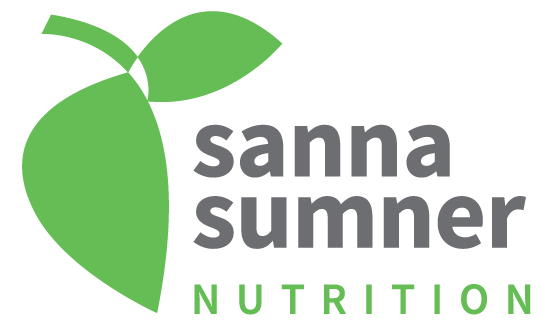You get that sudden intense feeling of heath, flushed or red face and sweating. Sound familiar? Although some women sail through menopause, research shows that almost many as 75% of women experience hot flashes during perimenopause and menopause. For many women hot flashes can be a real bother and can last for several years (North American Menopause Society).
Why do so many women experience these?
Hot flashes result from hormonal changes in the body and when heading to menopause our oestrogen levels decline which can trigger these. You may also experience other symptoms such as insomnia, mood swings, low libido, vaginal dryness and weight issues. Obesity, alcohol and poor diet could increase your risk of hot flashes.
Natural reliefs:
1. Reduce caffeine. Study found that excess caffeine intake exacerbates menopausal vasomotor symptoms (Menopause, 2015 https://www.ncbi.nlm.nih.gov/pubmed/25051286)
2. Stop smoking. Smokers were found to experience more severe and twice as more hot flashes than women who don’t smoke. (Pennsylvania Perelman School of Medicine, 2014 https://www.pennmedicine.org/news/news-releases/2014/february/penn-medicine-study-reveals-ge).
3. Take vitamin E. 2018 study found that 400IU of vitamin E can reduce the frequency and severity of hot flashes. https://www.ncbi.nlm.nih.gov/pubmed/17664882
4. Eat more phytoestrogens. Phytoestrogens such as isoflavones found in soybeans and lignans in flaxseeds, fruits, vegetables, legumes and wholegrains have a weak oestrogen-like properties. Phytoestrogens bind to oestrogen receptors and help modulate oestrogen activity and appear to have anti-estrogenic activity ( Journal of Steroid Biochemical Molecular Biology, 2015).







